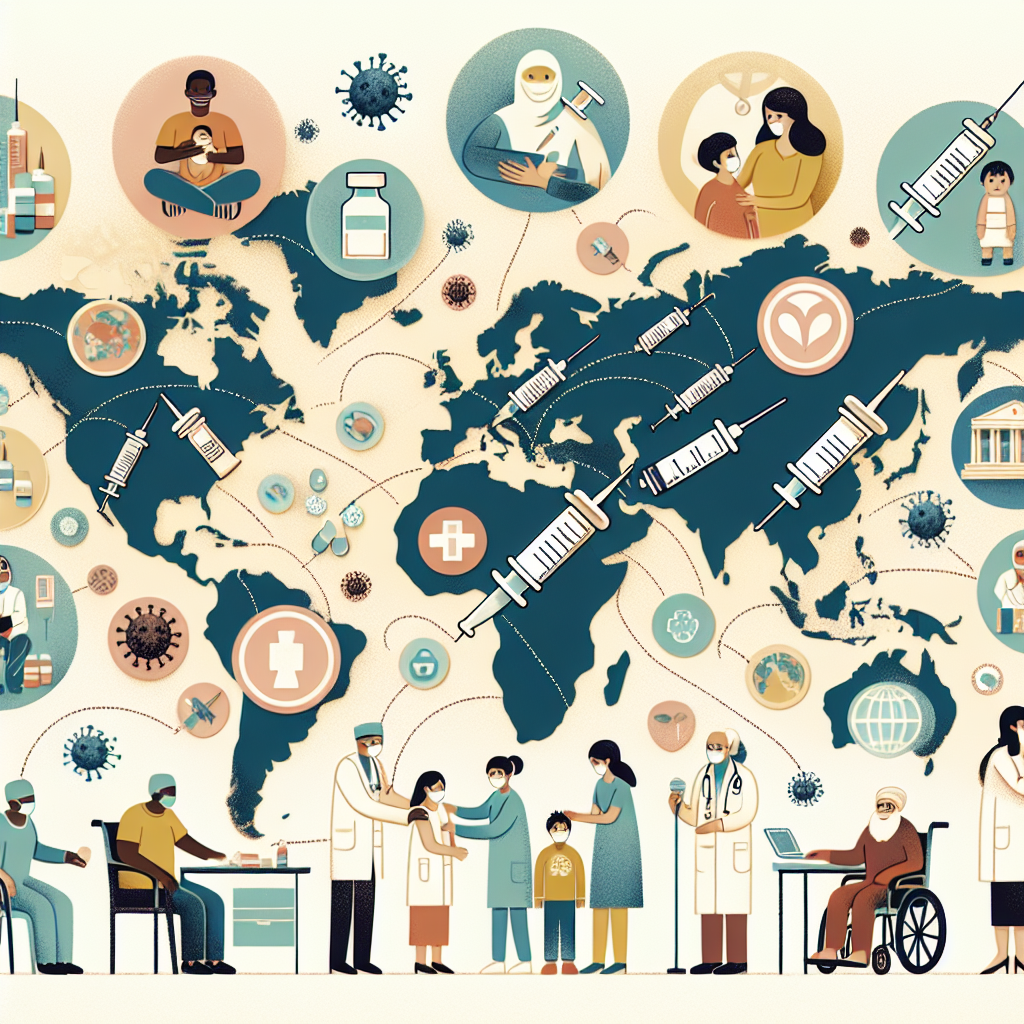
Vaccine Roll-Outs = 60% Mortality Decline
Recent studies have highlighted the incredible impact of vaccination programs in reducing mortality globally. Specifically, these programs have been shown to cut deaths by 60%.
Linger on that for a second.
Vaccination is really one of the triumphs of public health.
This piece takes a deeper look into how vaccine roll-outs have managed to achieve such a dramatic decline in deaths, focusing on key diseases, challenges, and the future of vaccination initiatives.
Understanding the Impact
Emergency vaccination programs have been pivotal in responding to outbreaks of several deadly diseases. These diseases include cholera, Ebola, measles, meningitis, and yellow fever, which have been particularly devastating in low-income countries. According to the BBC, these efforts have resulted in a mortality reduction of 60%. This outcome demonstrates the power of coordinated and timely health interventions.
Case Studies of Success
The implementation of vaccination campaigns during key outbreaks (even apart from COVID) showcases this success:
- Ebola: During the mid-2010s, West Africa experienced a significant Ebola outbreak. Vaccinations played a critical role in mitigating the impact, contributing to a decrease in transmission and mortality.
- Cholera: Often affecting regions with poor sanitary conditions, cholera outbreaks have been curbed by efficient vaccination distribution, reducing the death toll rapidly.
Challenges and Solutions
While the achievements are laudable, the journey has not been devoid of challenges. Funding cuts and delivery obstacles have hindered some efforts. The Gavi report emphasizes the need for sustained financial support and innovative solutions to manage logistics better.
The Role of Collaboration
Success in vaccination efforts is often the result of collaboration between governments, international organizations, and the private sector. This alignment is crucial in overcoming logistical barriers and reaching remote populations.
Technological Innovations
Recent technological advancements have improved vaccine storage and transportation, ensuring that vaccines maintain efficacy even in harsh climates or during long transportation spells.
The Road Ahead
The fight against infectious diseases is ongoing, and the role of vaccines will continue to evolve. The focus is now on expanding current programs, addressing vaccine hesitancy, and reinforcing the infrastructure that supports these roll-outs.
‘The global impact of vaccine roll-outs proves that coordinated health efforts can lead to groundbreaking results and save millions of lives,’ Nature reports.
Public health systems are looking to replicate these successes with new infectious threats like COVID-19 variants and future outbreaks that may arise. For lasting success, sustained investment and innovation in vaccine development and deployment strategies are imperative.
So despite political headwinds, let’s not drop the ball here.


